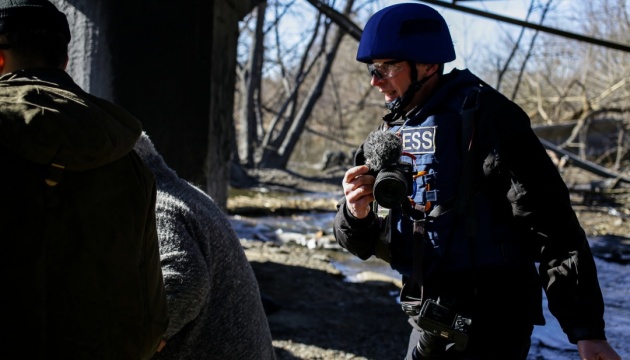Lawyer
The activities of military correspondents and media workers in the war zone are extremely important for providing society with reliable information about the events that are taking place. However, this activity is associated with a high level of risk and requires clear legal regulation. Let's look at the main aspects of legal regulation of this activity, including legal advice, document analysis, legal and legal opinions.
Legislative basis
The legal regulation of the activities of military correspondents and media workers in the combat zone is based on international and national norms. International standards include the Geneva Conventions and other documents of international humanitarian law that define the rights and obligations of journalists in conflict zones. At the national level, the activities of military correspondents are regulated by the Law of Ukraine "On Information" and other normative acts.
Consultation of a lawyer
Legal advice is necessary for journalists who plan to work in a war zone. A lawyer can provide information on the rights and obligations of journalists, as well as clarify the specifics of the legal status of military correspondents. This includes issues of accreditation, security, interaction with military units and compliance with international humanitarian law.
Analysis of documents
Document analysis is a key stage in preparing for work in a combat zone. Journalists need to familiarize themselves with the relevant legislative acts, regulatory documents and instructions that regulate their activities.
Legal opinion
The legal opinion on the activities of military correspondents and media workers in the combat zone includes several key aspects:
Legal status: Assessment of the legal status of journalists in the combat zone, including accreditation and interaction with military units.
Rights and responsibilities: Defining the rights and responsibilities of journalists, in particular regarding the collection and dissemination of information, compliance with ethical standards and security.
International standards: Analysis of compliance of journalists' activities with international standards, in particular the norms of international humanitarian law.
Recommendations: Development of recommendations to ensure the safety and legality of journalists' actions in the war zone.
Legal opinion of the lawyer
A lawyer's legal opinion can help journalists in specific situations where legal issues or conflicts arise. A lawyer can provide advice on protecting the rights of journalists, resolving disputes with military units or government agencies, as well as assisting in the preparation of legal documents for accreditation.
Conclusion
Legal regulation of the activities of military correspondents and mass media workers in the combat zone is a complex and multifaceted issue that requires a thorough study of the legal framework, legal advice, document analysis and preparation of legal opinions. Journalists must clearly understand their rights and responsibilities, ensure their own safety and adhere to international standards in their activities.
With the legal support and advice of lawyers, military correspondents and media workers can effectively carry out their work, providing the public with important information while complying with all necessary legal regulations.

































